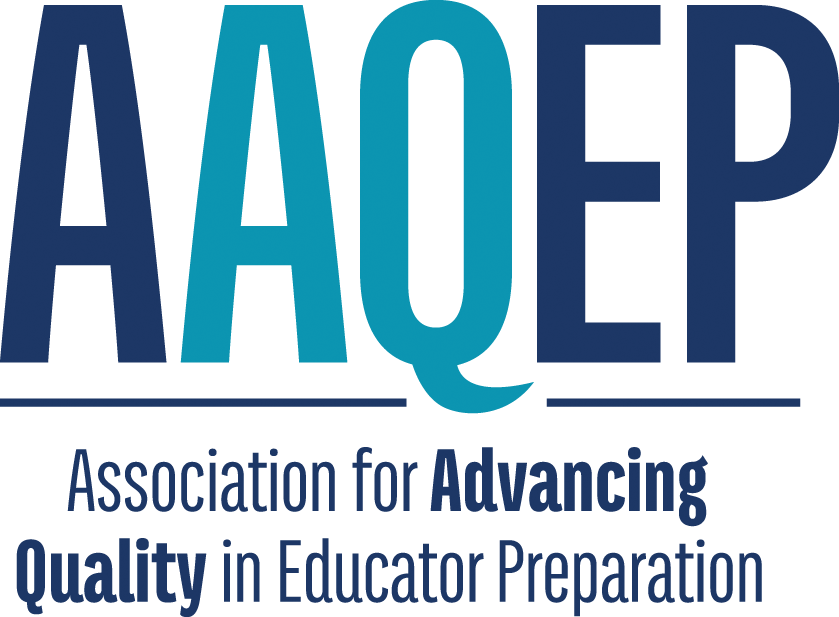
Post-Master’s Certificate in
Instructional Leadership
Courses start every Monday
Take the first step in your National University journey
240K+ Alumni Worldwide
*THIS CERTIFICATE IS CURRENTLY NOT ACCEPTING NEW APPLICANTS.
Overview
Just as teachers are now in greater demand than ever before, educational leaders are needed to manage and assist school districts and state educational boards as they work to improve the instructional capabilities of our schools. This post-master’s certificate provides a strong background in supervision and the ability to assess and interpret data on curriculum, instructional practice, and innovation. The focus is on practicing leadership by creating cultures, organizations, and community advocacy that improve instruction and enhance student achievement.
Admission Requirements
A conferred master’s level or higher degree from a regionally or nationally accredited academic institution.
Courses
For the Post-Master’s Certificate in Instructional Leadership, you must complete 6 courses (18 credit hours). The estimated time needed to complete this certificate is 13 months.
Course Details
Course Listings
In this course, students explore ways of creating a culture of learning while engaging in instructional leadership. Through course activities, you’ll explore technology integration, philosophically sound curriculum decision-making, visionary leadership traits, curriculum management, and more.
In this course, you’ll use various research-based leadership decision-making concepts and supervisory processes to advance teacher development and instructional practice. The focus is on the educational leader as decision-maker, supervisor, and teacher advocate in support of student achievement. Additional topics include perceptions of leadership, instructional strategies and support, professional development, and collaboration.
Instructional leaders must forge relationships with stakeholders in the community to build effective learning organizations. In this doctoral course, you’ll evaluate the skills necessary to engage stakeholders in partnerships that enhance educational operations at all levels. You’ll explore methods to develop professional learning communities and evaluate the theories and research related to those communities and instructional leadership.
An introduction to the theories, principles, practices, and issues of curriculum supervision. You’ll develop the skills and knowledge required to design and manage curricula resources to ensure congruence among written, taught, and tested subject matter. The course also explores issues of equitable instructional programs, materials, and products that support student achievement and institutional goals.
In this course, you’ll explore classic and contemporary approaches to organizational development from a leadership perspective. Major emphasis will be placed on theories, strategies, and leadership styles relative to implementing organizational growth. As you progress, you’ll address various organizational concepts leading to the development of your own organizational leadership plan.
Change involves knowledge, understanding, and commitment from administrators. It must not be construed as an event, but rather a process. In this course, you’ll negotiate the world of education innovation and change by employing creative skills and imaginative techniques for flexible change strategies. You’ll learn to work with diverse groups and communities of people and motivate others to muscle through new challenges in order to implement desirable changes.

The Western Association of Schools and Colleges (WASC) accredits public and private schools, colleges, and universities in the U.S.

Learning Outcomes
If you’ve earned your Master of Education degree, then our post-master’s certificate may move you past the head of the class. NU’s Post-Master’s Certificate in Instructional Leadership is designed to help you focus and develop your skill sets and knowledge in a particular area of education beyond the master’s level, without the need for a doctoral commitment or dissertation. You’ll not only enhance your understanding of major theories and practices in your specialty, but you’ll be challenged to think critically about the topics covered with the goal of applying what you learn to your professional objectives—all while gaining a wealth of experience from your mentoring professors.
Why Choose National University
- Four-Week Courses
- 150+ Academic Degree Programs
- Online or In Person
- Year-Round Enrollment
- Military Friendly
We’re proud to be a Veteran-founded, San Diego-based nonprofit. Since 1971, our mission has been to provide accessible, achievable higher education to adult learners. Today, we educate students from across the U.S. and around the globe, with over 240,000 alumni worldwide.

“National University has impacted my career. You can immediately apply what you learn in class to your business.”
-Francisco R., Class of 2016
Program Disclosure
Successful completion and attainment of National University degrees do not lead to automatic or immediate licensure, employment, or certification in any state/country. The University cannot guarantee that any professional organization or business will accept a graduate’s application to sit for any certification, licensure, or related exam for the purpose of professional certification.
Program availability varies by state. Many disciplines, professions, and jobs require disclosure of an individual’s criminal history, and a variety of states require background checks to apply to, or be eligible for, certain certificates, registrations, and licenses. Existence of a criminal history may also subject an individual to denial of an initial application for a certificate, registration, or license and/or result in the revocation or suspension of an existing certificate, registration, or license. Requirements can vary by state, occupation, and/or licensing authority.
NU graduates will be subject to additional requirements on a program, certification/licensure, employment, and state-by-state basis that can include one or more of the following items: internships, practicum experience, additional coursework, exams, tests, drug testing, earning an additional degree, and/or other training/education requirements.
All prospective students are advised to review employment, certification, and/or licensure requirements in their state, and to contact the certification/licensing body of the state and/or country where they intend to obtain certification/licensure to verify that these courses/programs qualify in that state/country, prior to enrolling. Prospective students are also advised to regularly review the state’s/country’s policies and procedures relating to certification/licensure, as those policies are subject to change.
National University degrees do not guarantee employment or salary of any kind. Prospective students are strongly encouraged to review desired job positions to review degrees, education, and/or training required to apply for desired positions. Prospective students should monitor these positions as requirements, salary, and other relevant factors can change over time.